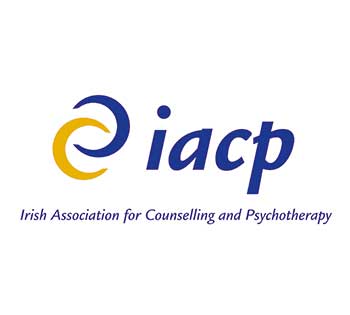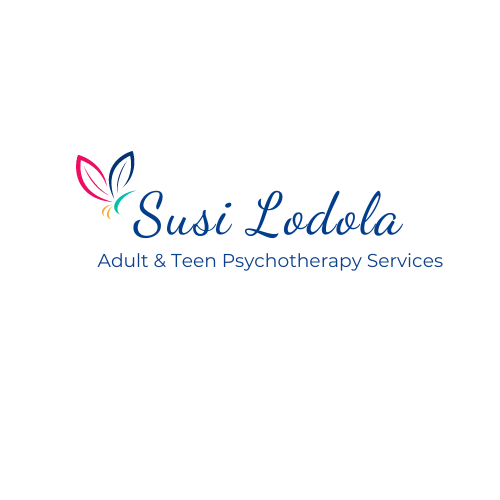
Sat 4th Oct 2025 9.30am – 4.30pm
Sat 11th Oct 2025 9.30am – 4.30pm
Sat 25th Oct 2025 9.30am – 4.30pm
Sat 8th Nov 2025 9.30am – 4.30pm
Payment Plan Option:
€100 Deposit to secure your place.
€ 250 by 4th August
€ 225 by 4th September
Full payment is due no later than 4th Sept 2025.
Sat 23 Aug 2025 9.30am – 4.30pm
Sat 30 Aug 2025 9.30am – 4.30pm
Sat 06 Sep 2025 9.30am – 4.30pm
Sat 13 Sep 2025 9.30am – 4.30pm
This course is designed in alignment with the IACP’s recommendations for working with clients under 18, as outlined in their official guidelines, which can be found on the IACP website. It is specifically aimed at qualified psychotherapists who already hold a degree (or Master’s) in Psychotherapy and are looking to expand their practice to include adolescents. The course focuses on equipping therapists with evidence-based approaches that are developmentally appropriate for working with young people.
Participants will gain comprehensive skills in conducting adolescent intakes, addressing the legal and ethical issues involved in working with minors, and effectively collaborating with parents. The course covers key therapeutic approaches such as Cognitive Behavioural Therapy (CBT), Compassion Focused Therapy (CFT), and Person-Centered Therapy, ensuring that interventions are tailored to the unique needs and developmental stages of adolescents. By the end of the course, therapists will be prepared to confidently work with clients under 18, integrating best practices and a holistic approach to adolescent mental health.
Adolescent Development:
Understanding the unique developmental phases of adolescence is crucial. This topic explores the psychological, cognitive, and emotional changes during adolescence and examines how these factors influence behaviour, mental health, and therapeutic approaches.
Clinical Skills for Working with Adolescents:
Participants will enhance their clinical skills, focusing on building rapport, managing confidentiality, and establishing strong therapeutic alliances. This section also addresses the complexities of working with multiple stakeholders, such as families and schools, in adolescent therapy.
Creative Approaches in Adolescent Therapy:
This section introduces creative methods, including the use of play, art, and symbolic strategies, to help adolescents express themselves. These approaches offer alternative ways for young clients to explore emotions and engage in therapy more effectively.
Compassion Focused Therapy (CFT) plays a vital role in helping adolescents manage self-criticism, shame, and emotional regulation. This approach fosters self-compassion and emotional resilience, supporting teens as they navigate difficult emotions and anxieties. We are thrilled to have Dr. Malie Coyne, Chartered Clinical Psychologist and bestselling author, join us as a guest lecturer. Dr. Coyne will lead this section, providing expert insights on how CFT can be used to effectively address the emotional challenges adolescents face.
Cognitive Behavioural Therapy (CBT) Approaches:
An in-depth exploration of CBT, particularly Beck’s model, tailored for adolescents. Participants will learn to identify and challenge cognitive distortions, address maladaptive behaviours, and integrate CBT with person-centered techniques to create a supportive and adaptable therapeutic process.
Clinical Practice:
This part of the course focuses on applying theoretical knowledge in real-world settings through reflective practice and experiential learning. Participants will develop practical skills and engage in case-based learning to enhance their therapeutic effectiveness.
Using Assessments and Progress Tracking:
Participants will explore the most effective assessment tools for adolescent clients and learn how to track progress over time. This section emphasizes using data from assessments to inform treatment plans and ensure that therapeutic goals are being met.
Structuring Therapy with Adolescents:
This topic covers how to structure the entire course of therapy, from initial assessments to goal setting and treatment planning. It highlights the importance of creating a flexible, developmentally appropriate framework that can be adapted to the individual needs of adolescent clients.
Parental Considerations in Therapy:
Participants will learn strategies for effectively engaging parents and caregivers in therapy, balancing the adolescent’s need for confidentiality with family involvement. This section focuses on how to collaborate with parents to enhance therapeutic outcomes.
Ethical Considerations in Adolescent Psychotherapy:
This section addresses the ethical issues specific to working with adolescents, such as confidentiality, informed consent, and the legal considerations of working with minors. Participants will also examine professional standards and ethical decision-making in adolescent therapy.
Qualifications:
Susi Lodola is an experienced psychotherapist and clinical supervisor, known for her engaging and practical approach to training and development. In her private practice, she helps clients build emotional resilience and navigate mental health challenges through evidence-based therapeutic approaches. As a clinical supervisor, Susi supports fellow therapists in deepening their skills and confidence, fostering professional growth and enhancing therapeutic outcomes.
Alongside her clinical work, Susi is a lecturer at IICP College, where she plays an integral role in shaping the next generation of psychotherapists. Her teaching blends academic theory with real-world insights, ensuring students gain not just knowledge but the confidence to apply it effectively in practice. Susi’s ability to simplify complex concepts and create a supportive learning environment consistently receives positive feedback from students, many of whom credit her for advancing their professional development.
Beyond academia, Susi delivers corporate workshops on mental health and wellbeing, equipping organisations with tools to foster healthier, more resilient workplaces. She has also provided specialist training for mental health practitioners, including those working within NEPS (National Educational Psychological Service).
A strong advocate for continuous learning, Susi deepened her expertise by attending a specialised CBT workshop at the Beck Institute in Philadelphia, focusing on CBT for weight management. This advanced training enhances her ability to support clients struggling with emotional eating, providing them with practical and effective strategies grounded in CBT principles.
Susi’s reputation as a trainer extends to her Continuing Professional Development (CPD) courses, which are recognised for their engaging delivery and immediate applicability. Her CPD programmes focus on practical, evidence-based skills across areas such as CBT, adolescent mental health, and emotional eating. Each course is designed to equip participants with tools they can confidently bring into their practice. Approved by the IACP, her workshops consistently attract therapists seeking high-quality, impactful training that contributes to both their professional growth and accreditation.
Post Natal Depression often goes diagnosed. Speaking about the topic will help raise awareness and will help to normalise it and help to remove any stigma associated with it. overcome PND and the sooner it is addressed the better the outcome.
It can be frustrating for parents and care givers when a child doesn’t eat or avoids some food groups altogether. You can read some more on the topic in one of my blog posts.
Speaking to Dr Mary O’Kane about challenges Teens are facing and how CBT can help
For all cancellations, payment inquiries, or requests for changes, please contact me directly via email or phone as soon as possible.


© Copyright 2022 | Susi Lodola. All Rights Reserved | Powered by Digital Media Center